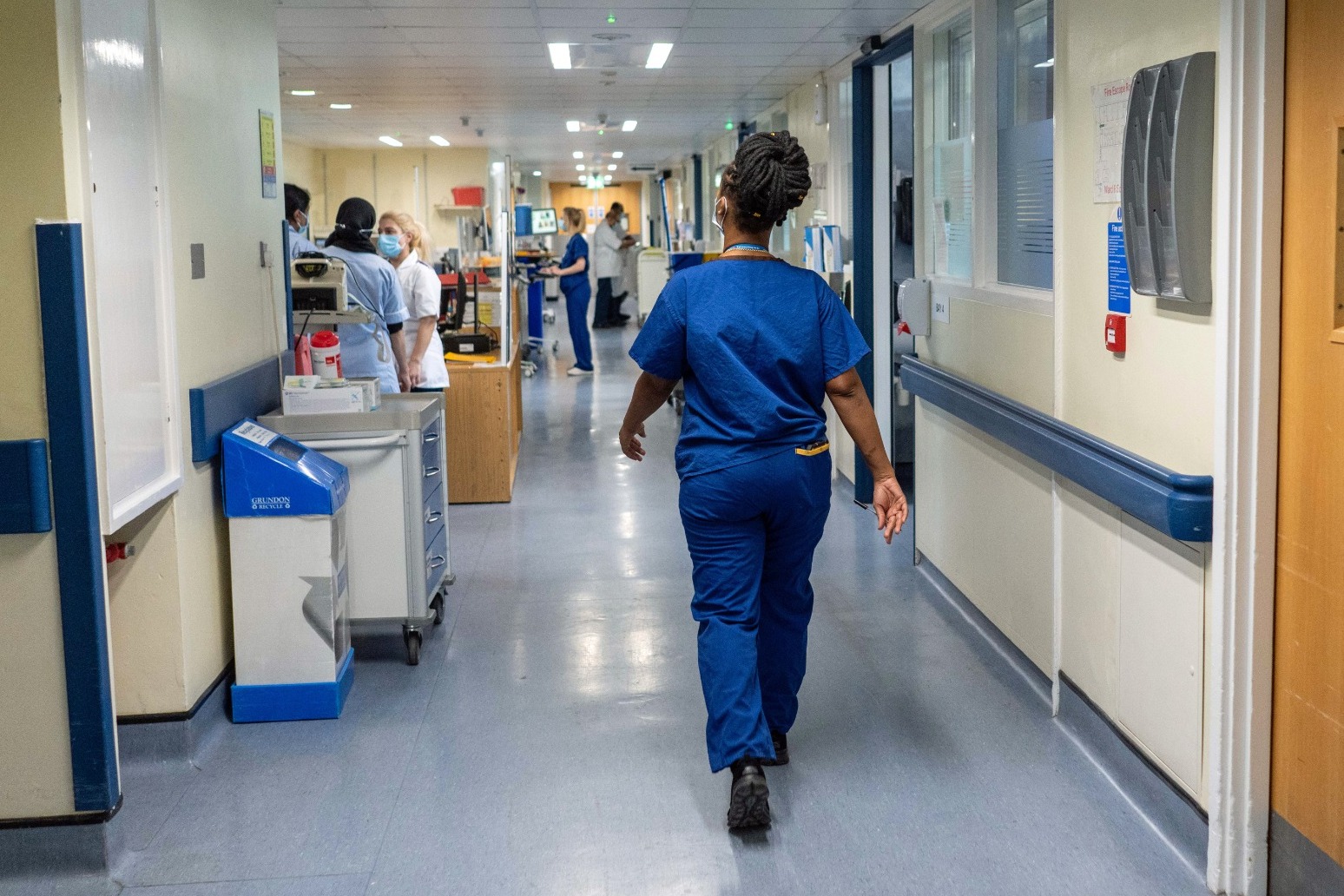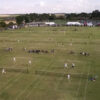-
 play_arrow
play_arrow
Kl 1 Radio Local radio for west Norfolk
-
 play_arrow
play_arrow
KL DISCO KL Disco Playing Disco Music from the 70's onwards.24/7
-
 play_arrow
play_arrow
KL COUNTRY KL COUNTRY Playing New and Classic Country Music 24/7
-
 play_arrow
play_arrow
KL ROX KL ROX The best of New and Classic Rock.24/7
-
 play_arrow
play_arrow
KL SUMMER Summer Vibes 24/7 from KL1 Radio across West Norfolk
-
 play_arrow
play_arrow
KL CLASSICAL Your Symphony Starts Here
-
 play_arrow
play_arrow
KL CHILL Just Chill!
-
 play_arrow
play_arrow
KL POP The Best POP Hits all day Long!
-
 play_arrow
play_arrow
KL XTRA KL XTRA
music_note

The number of nurses and midwives registered to work in the UK has “decelerated” due to a “significant slowdown” in international recruitment, according to a new review.
The number of nurses and midwives registered to work in the UK has “decelerated” due to a “significant slowdown” in international recruitment, according to a new review.
Over the past year, 20,671 nurses and midwives who were educated outside the UK joined the Nursing and Midwifery Council (NMC) register for the first time – 30% fewer than the previous year, according to a new review of nursing numbers in Britain.
Officials said that changes to visa rules may have played a part, as well as a drive to recruit locally.
But the regulator warned that domestic recruitment is not enough to offset international slowdown.
“The number of UK-educated professionals joining our register for the first time has continued to grow but at a slower rate and not by enough to offset the fall in international recruitment – hence the overall register has grown more slowly over the past year,” the review states.
While the report shows that the number of nurses and midwives on the register has reached the highest number on record, with 853,707 now on the register, it also shows that the rate of growth is lower than the previous year.
A total of 32,163 UK professionals joined the register in the 12 months to March 2025 – a 5.9% rise compared to the previous year.
But 2023/24 saw an 11.9% rise in the number of new nurses and midwives from the UK.
And the figures equate to an extra 1,800 UK workers who joined the register over the past year, compared to 8,959 fewer international joiners.
Overall, there are more than 788,000 nurses and 46,000 midwives on the register as of March 2025.
The area which saw the biggest growth was the number of nursing associates which stood at 12,782 in March 2025, a 17.5% rise compared to March 2024.
Meanwhile, concerns have been raised about the number of nurses and midwives leaving the profession due to mental and physical health issues.
Some 28,789 people left the register last year, with 13% of these saying they felt forced to leave due to a physical or mental health issue.
This was the second most common reason for people to leave the register last year, behind retirement, according to the NMC review.
And of those who felt forced to leave due to a health issue, 84% said their role had worsened their mental health.
Meanwhile, nursing leaders raised concerns over the small proportion (20%) of leavers who said they would recommend a career in nursing or midwifery.
Paul Rees, interim chief executive and registrar, said: “We’ve seen a slowdown in international nurses and midwives joining our register, that’s a significant shift from recent years and there are likely a few reasons for it.
“Even with this change, our register is still growing – and it’s becoming more diverse. That’s a real strength.
“It also means we must make sure everyone can work in an environment that values diversity and tackles racism.
“The Nursing and Midwifery Council has a responsibility to be fair to everyone on our register, whatever their background. That’s why we’ll soon be setting bold new targets to eliminate bias from our regulatory processes.”
Commenting on the figures, Lynn Woolsey, chief nursing officer at the Royal College of Nursing, said that the number of people studying nursing in the UK is “falling through the floor”, adding: “The Government has been as unethical in stopping international recruitment as its predecessor was in abusing it.
“This boom and bust approach must end and a strategy that boosts domestic supply and delivers fair treatment for international staff is what’s needed.
“We warned the Government that hostile immigration policies and poor pay were driving international staff away and at a time when we couldn’t afford to lose a single nurse.
“The slowing growth of the UK-trained workforce isn’t coming close to offsetting the number of international recruits leaving.”
A spokesperson from the Department of Health and Social Care said: “There are record numbers of nurses, midwives and nursing associates, but this government is further boosting the recruitment and retention of homegrown nursing talent.
“We inherited a situation where the NHS was forced to rely on the immoral recruitment of nurses from countries which desperately need them – our 10 Year Health Plan and our refreshed workforce plan will make sure the NHS has the right people in the right places to give patients the care they deserve.
“This includes giving nursing staff a second above-inflation pay increase in 10 months, meaning a nurse will earn over £30,000 as a new starter for the first time.
“On top of this, we are improving working conditions by tackling violence against staff and protecting the ‘nurse’ title in law.”
Published: by Radio NewsHub

Similar posts
Upcoming shows

Richard Dix – KL1 Drive
4:00 pm - 7:00 pm

80’s ’til 8
7:00 pm - 8:00 pm

Paul Butler – 90’s and 00’s
8:00 pm - 11:00 pm

Night Trax
12:00 am - 7:00 am

Paul Baker – KL1 Breakfast
7:00 am - 10:00 am
Message Us
Copyright The Mediasite UK - 2025








